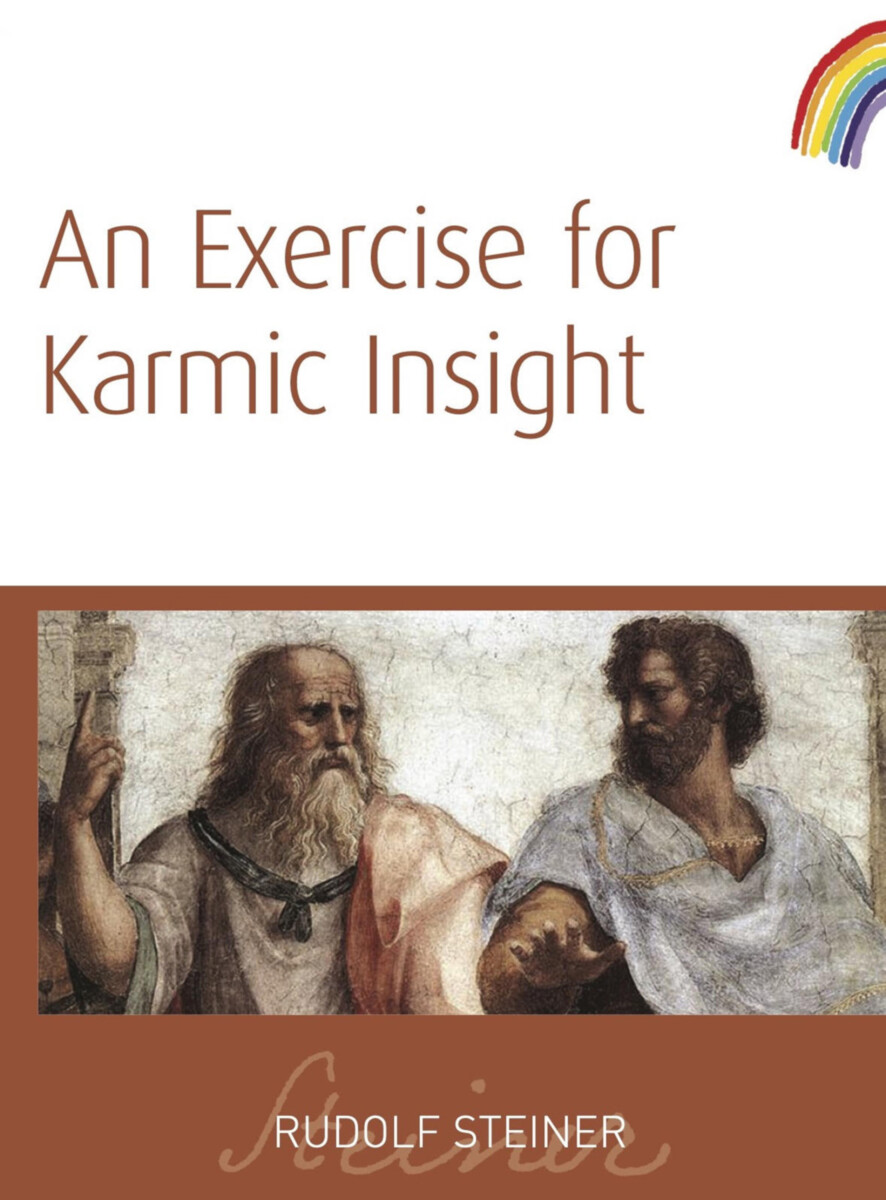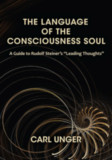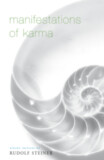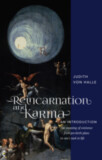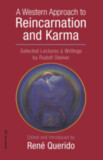An Exercise for Karmic Insight
(CW 236)
- Publisher
Rudolf Steiner Press - Published
26th June 2007 - ISBN 9781855841543
- Language English
- Pages 48 pp.
1 lecture, Dornach, 1924 (CW 236)
“There is the possibility of a comparatively quick maturing of insight into karmic relationships if, for a considerable time, we try patiently, and with inner energy, to picture with greater and greater consciousness an experience which would otherwise simply take its course, without being properly grasped, and fade away in the course of life.”
In this unique lecture, Rudolf Steiner presents a practical exercise for understanding karma. He points to the ordinary events of life, encouraging us to take an image of a single event and meditate on it. He describes the method in great detail, and explains how, over several days and nights, the image is incorporated into our various spiritual bodies. Eventually, the image reaches the physical body in a transformed state, leading to a perception of a previous earthly life and the cause of the event first pictured in meditation.
The audio CD edition—complete and unabridged—is read by the actor and speech teacher Peter Bridgmont, author of Liberation of the Actor.
Rudolf Steiner
Rudolf Steiner (b. Rudolf Joseph Lorenz Steiner, 1861–1925) was born in the small village of Kraljevec, Austro-Hungarian Empire (now in Croatia), where he grew up. As a young man, he lived in Weimar and Berlin, where he became a well-published scientific, literary, and philosophical scholar, known especially for his work with Goethe’s scientific writings. At the beginning of the twentieth century, he began to develop his early philosophical principles into an approach to systematic research into psychological and spiritual phenomena. Formally beginning his spiritual teaching career under the auspices of the Theosophical Society, Steiner came to use the term Anthroposophy (and spiritual science) for his philosophy, spiritual research, and findings. The influence of Steiner’s multifaceted genius has led to innovative and holistic approaches in medicine, various therapies, philosophy, religious renewal, Waldorf education, education for special needs, threefold economics, biodynamic agriculture, Goethean science, architecture, and the arts of drama, speech, and eurythmy. In 1924, Rudolf Steiner founded the General Anthroposophical Society, which today has branches throughout the world. He died in Dornach, Switzerland.


